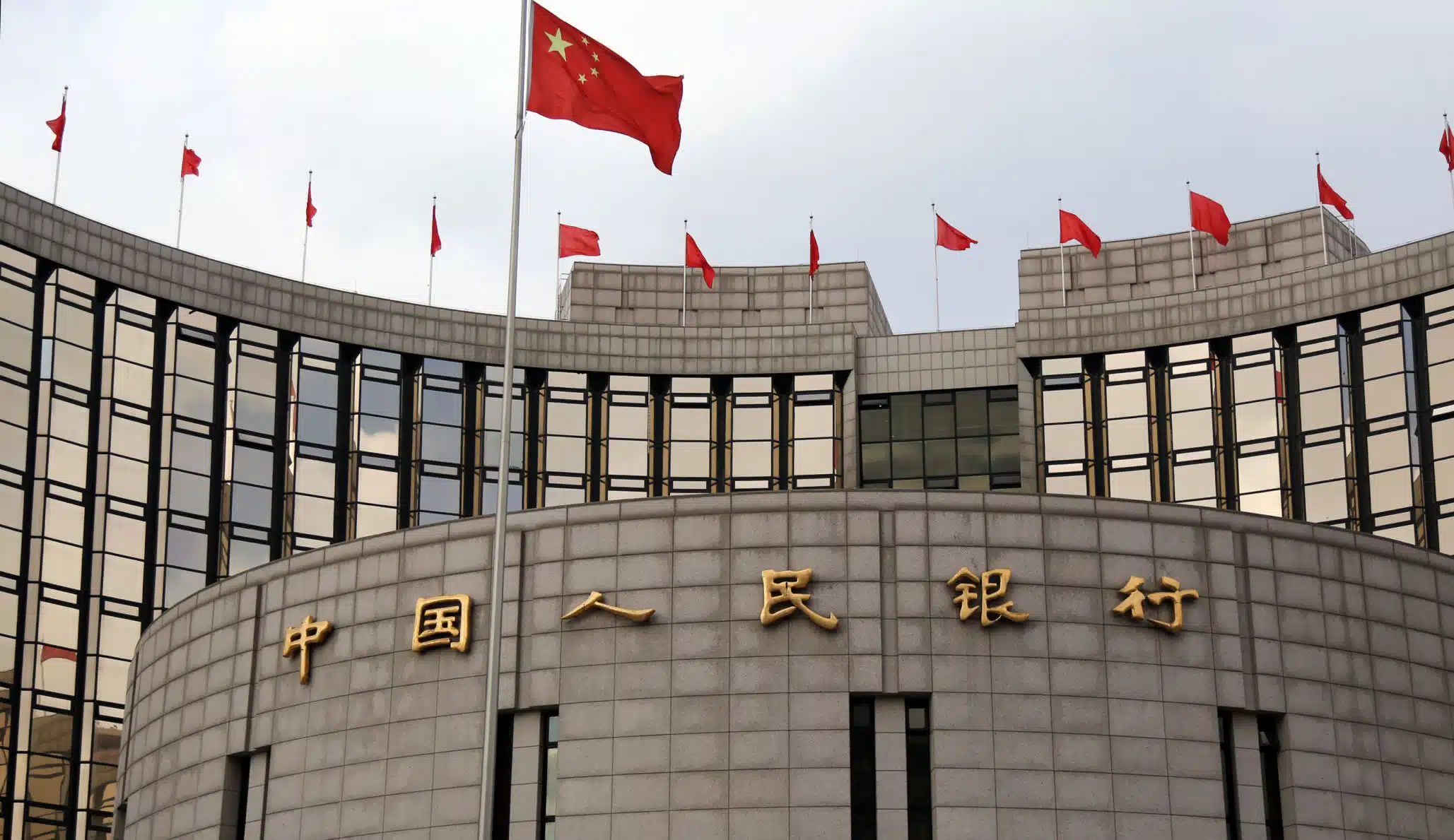Treasury futures in China surged significantly to new highs on Thursday, while long-dated yields hovered near their lowest levels ever. This surge was driven by investors who remained undeterred by the central bank’s repeated risk warnings and continued to invest heavily in bonds.
According to official data, the assets of Chinese bond mutual funds reached a new high of 6.5 trillion yuan ($894.3 billion) in May, marking a significant 40% increase compared to the previous year. The increase demonstrates the impact of reduced deposit rates, which are causing individuals to invest their savings in fixed-income products due to the unpredictable nature of the stock market.
The Problems in the Chinese Economy Are Being Felt More and More Strongly
The surge in bond prices in China is a reflection of the negative sentiment among investors toward an economy that is experiencing challenges such as a crisis in the real estate market, issues with the debt of local governments, and increased geopolitical risks.
According to Su Gang, chief investment officer at China Pacific Insurance Group, the consensus in the market indicates that China’s interest rates will decrease in the not-too-distant future.
“We’re currently navigating through an unprecedented cycle that is completely new to us …. and the market is lacking in certainty.”
The People’s Bank of China (PBOC) is facing a challenge in its determination to moderate excessive bond purchases that it believes could pose a threat to financial stability. This challenge is being posed by the ongoing decrease in yields, which have an inverse relationship with bond prices.
Bond prices have been steadily climbing throughout the week despite the advice to exercise caution given to investors.
The September delivery of China’s 30-year treasury futures reached an all-time high on Thursday morning, experiencing a notable increase of approximately 0.3%. This was the highest level ever seen for this particular delivery. The 10-year bond futures also reached new heights.
Meanwhile, the 10-year treasury yield in China has fallen below the critical level of 2.3% and is getting closer to the low point of 2.205% seen in April. The 30-year yield has dropped below 2.5%, a level that has caused concern among many and could lead to intervention by the central bank.
Recent data indicates that depositors are shifting their funds toward bond funds due to the continuous decrease in savings rates by banks aiming to minimize costs.
In May, Chinese corporate demand deposits reached their lowest point in two years, standing at 52.98 trillion yuan. This marked a significant decline of 7.1% compared to the previous year, making it the most significant drop ever recorded, as per data from the central bank.
Meanwhile, the assets of bond mutual funds in May reached a new high of 6.5 trillion yuan, marking a 40% increase compared to the previous year’s 4.6 trillion yuan.
Financial Institutions View Government Bonds as a Safe Asset
Financial institutions, hesitant to provide loans in an uncertain economic climate, are also making significant investments in Chinese government bonds, which are widely regarded as secure assets. Smaller banks, with a limited pool of high-quality borrowers, are more engaged in purchasing bonds compared to larger banks.
There are approximately 20.3 trillion yuan value of Chinese sovereign bonds held by commercial banks on the interbank market. This means that commercial banks account for a significant 71% of the overall.
Furthermore, banks are also involved in purchasing a variety of bonds denominated in yuan, including those issued by state policy banks.


